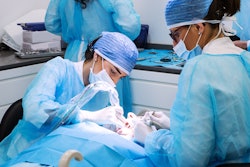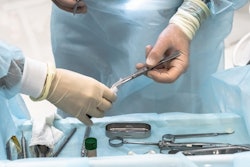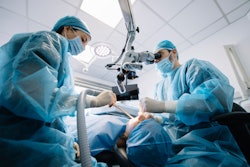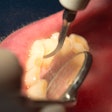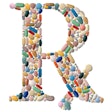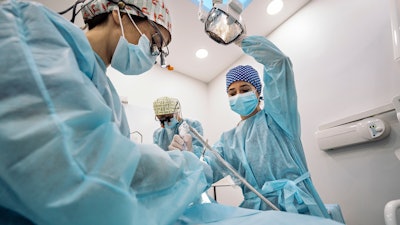
The U.S. Centers for Disease Control and Prevention (CDC) is calling for improved donor screening and testing capping its investigation into bone graft materials infected with tuberculosis (TB) that were used in dental and medical procedures and led to the deaths of two patients.
In 2023, five of the 36 patients who received tainted bone grafts from Aziyo Biologics became infected with TB, including two who died. In July, the company voluntarily recalled its bone graft products after it learned of postsurgical TB infections in two patients after they were treated with viable bone matrix product from a single donor. Testing showed that 53 additional cases were prevented by the recall, according to the CDC morbidity and mortality weekly report dated January 5.
The outbreak showed similarities to a TB breakout in 2021 -- which involved 113 patients that occurred in 18 states after the individuals were implanted with contaminated bone grafts -- that helped clinicians promptly diagnose the more recent one. However, two different donors caused the outbreaks, according to the report.
“This second outbreak of bone allograft-related TB in recent years underscores the urgent need to implement improved donor screening and culture-based testing to prevent tissue-derived Mycobacterium tuberculosis transmission,” wrote the authors, led by Dr. Johnathan Wortham, a medical epidemiologist at the CDC.
In both outbreaks, the donors had evidence of sepsis, which the CDC stated should have disqualified them as donors. Also, imaging of the chest of the donor involved in the 2023 outbreak revealed pulmonary infiltrates and a right upper lobe nodule consistent with TB. This donor’s cause of death was listed as pneumonia and sepsis, according to the report.
In the U.S., up to 13 million people of varying ages live with untreated and often undiagnosed latent TB infection (LTBI).
Since tissue allografts contain live cells that are stored frozen and expire months or even years after manufacturing, there is enough time to for culture-based testing and additional scrutiny of donor medical records to be conducted, according to the report.
“To reduce the risk for M. tuberculosis transmission through tissue allografts, culture-based testing of donor tissues before product distribution should be strongly considered, and current recommendations stipulating rejection of donors with sepsis should be followed,” Wortham and colleagues wrote.
Months after the outbreak in September 2023, Aziyo Biologics changed its name to Elutia.




